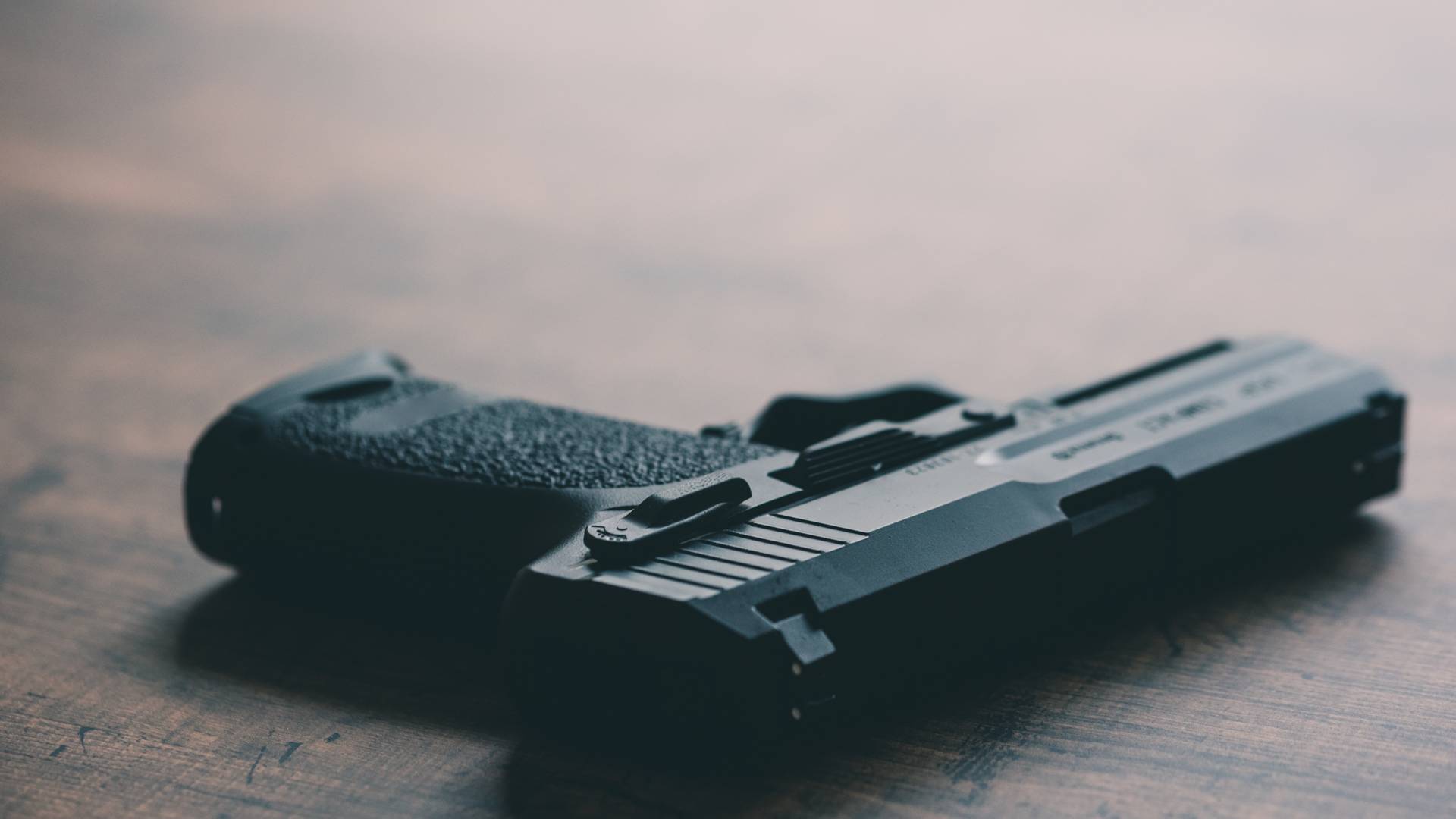Being pulled over by a law enforcement officer for the suspicion of drunk driving is a disheartening experience. This is especially true if you know that you have consumed alcohol. If you are pulled over and then detained for drunk driving, you should be aware of some very important points regarding traffic stops for DUI.
How does a police officer decide to pull a person over for suspicion of drunk driving?
In order for a police officer to initiate a traffic stop for suspicion of drunk driving, the officer has to have a reasonable suspicion that you are committing a crime. Generally, the reasonable suspicion will come from observing how you are driving. Most drunk drivers drive in an erratic manner. This might include speeding or driving too slowly, swerving, failing to yield or not obeying traffic control devices.
How is intoxication determined?
Police officers can do a field sobriety test to determine if you are exhibiting signs of intoxication. If you don't pass the field sobriety test, you might be asked to take a chemical test. This test involves either a breath sample, blood sample or urine sample. Failing to comply with this request might lead to additional charges and penalties.
There are many variables that affect your rights when you are stopped, detained, and arrested for drunk driving. Often, the legal components of the interaction can be scrutinized to determine if any aspect can be used in your defense. If your rights were violated, your attorney might be able to move to have certain evidence kept out of the criminal case.
Source: FindLaw, "DUI Traffic Stop FAQs," accessed June 10, 2016
